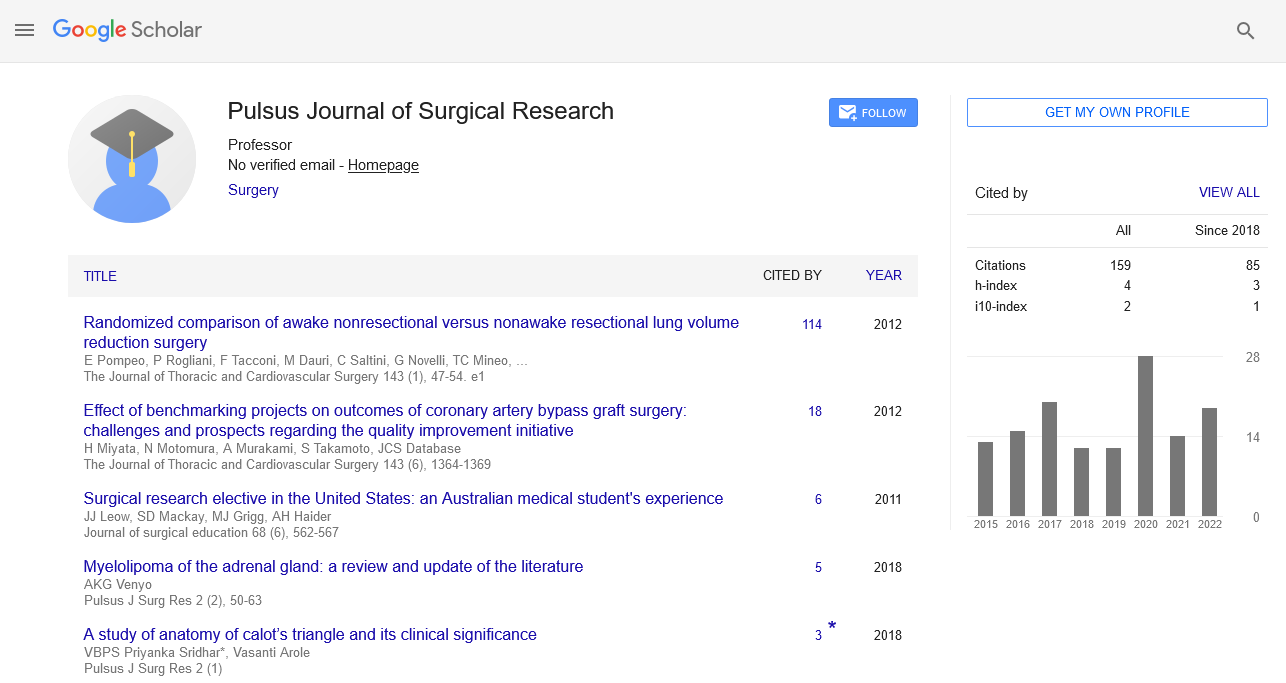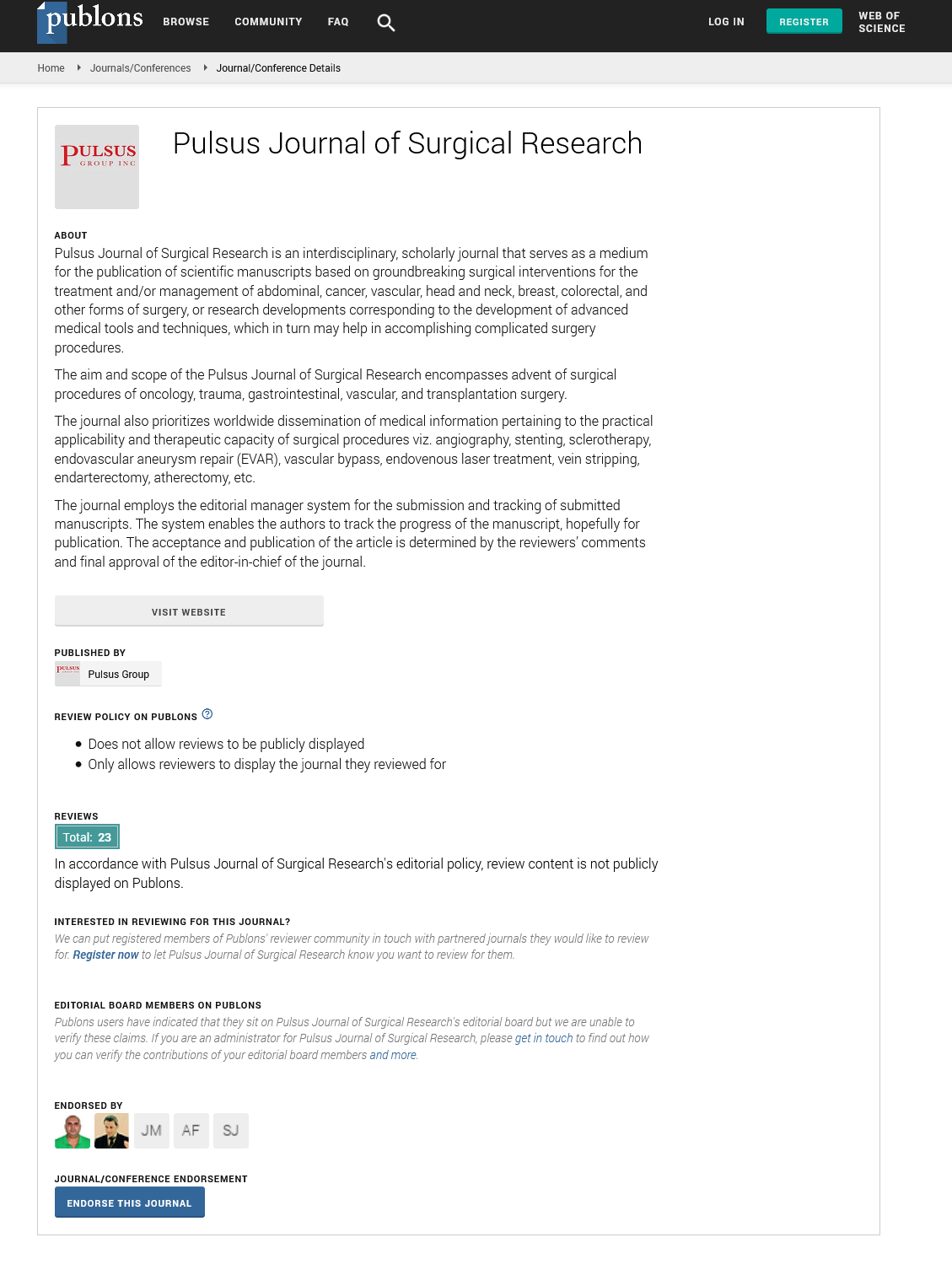
Sign up for email alert when new content gets added: Sign up
Hard-wiring of normal tissue-specific chromosome-wide gene expression levels is an additional factor driving cancer-type-specific aneuploidies
4th International Conference on Medicine and Surgery
October 04, 2021 | Webinar
Thomas Ried
National Cancer Institute, USA
Keynote: Pulsus J Surg Res
Abstract :
Background: Many carcinomas have recurrent chromosomal aneuploidies specific to the tissue of tumor origin. The reason for this specificity is not completely understood. Methods: In this study, we looked at the frequency of chromosomal arm gains and losses in different cancer types from the The Cancer Genome Atlas (TCGA) and compared them to the mean gene expression of each chromosome arm in corresponding normal tissues of origin from the Genotype-Tissue Expression (GTEx) database, in addition to the distribution of tissue-specific oncogenes and tumor suppressors on different chromosome arms. Results: This analysis revealed a complex picture of factors driving tumor karyotype evolution in which some recurrent chromosomal copy number reflect the chromosome arme-wide gene expression levels of their normal tissue of tumor origin. Conclusions: We conclude that the cancer-type specific distribution of chromosomal arm gains and losses is potentially “hardwiring” gene expression levels characteristic of the normal tissue of tumor origin, in addition to broadly modulating the expression of tissue specific tumor driver genes.
Biography :
Thomas Ried is one of the pioneers in the development of FISH for the detection of human genetic diseases and cancer, which are exemplified in demonstrating that formalin-fixed archived tissue sections can be analyzed using comparative genomic hybridization. He and his colleagues were first in conceptualizing the use of arrayed nucleic acids for comparative genomic hybridization and quantitative DNA and RNA analysis. Dr. Ried’s laboratory at NIH, USA now focuses on the role of chromosomal aneuploidy on gene expression in cancer cells, and on how aneuploidy affects nuclear structure. He serves as the chairman of CancerNet of the German National Genome Research Network, the major funding source for cancer related genome research in Germany.





